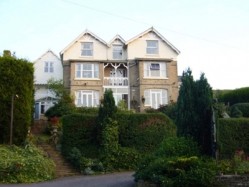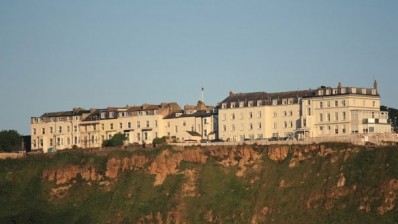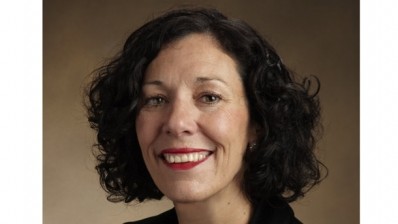Regional hotel market picks up as investors look for higher yield

Colliers International have taken on 11 new properties in the last three weeks in the West and Wales – an unusual uplift in activity attributed to the economic recovery.
Peter Brunt, who works in the agency’s regional office based in Bristol, told BigHospitality: “We had a number of years where people have really wanted to move but the market wasn’t strong enough, but now they’re seeing that we’re selling properties and realising the market is not as bad as they thought it was, and that they can invest at a reasonable price.”
He explained that the easiest hotels to sell are those in good locations with decent profits, and below the £1m mark, adding that though below the peak levels of 2007, prices in the region are “fair”. Investors go from first-time buyers bringing overseas money, to hospitality professionals buying their own business for the first time. Interestingly, Brunt also pointed out that some customers were people selling houses in London to buy hotels in an area usually occupied by UK institutional investors.
UK-wide growth
Colliers director of research and forecasting Walter Boettcher has observed the same trend on a countrywide scale. He explained that with the economic recovery the market for traditional commercial property assets such as offices, industrial and retail is “overheating”, prompting investors to look elsewhere.
“The demand for assets in the main asset class has become so overheated that people are looking outside of London and outside of conventional classes to find somewhere to put their money in and get more yields. Yields in central London are not very high, around 5 per cent, but if you go out to the regions you’ll find yields of 7-9 per cent. Some of them will come with risk; some of them need a lot of capital expenditure. But that’s what’s driving the interest in the south west and in the UK as a whole,” he said, adding that even foreign investors are now looking at the regions to avoid the high prices created by tight competition in London.
According to Boettcher, activity levels have picked up to reach purchase volumes close to the peak of 2007. In Q2 2007, regional purchases were running around £45bn per annum. They dropped down to around £13bn in 2009 and have now bounced back up to £31bn in Q1 2014. “If you look in central London that’s also come up but interestingly the regions are continuing to accelerate while in central London that seems to have come off in the first quarter a little bit. The regions are definitely on the rebound and there’s still considerable scope to increase the transaction volume out there,” he added.
Political risk
Brunt explained that high levels of activity were expected to continue, with a drop around the general election next spring as uncertainty over future investment laws makes buyers more cautious. For the same reason activity has been contained in Scotland as the independence referendum draws closer.
Boettcher pointed out: “The main risk for the UK property market is the political risk. It’s been pressured by foreign investors who see the UK as very business-friendly and a safe environment to invest money in. If we had a major change in government with a different ideology, a government which maybe was more interested in taxation and less accommodating, we’d be in a very different environment. For the moment, the UK is seen as a safe haven for investment, and as long as that safe status is maintained we will probably see good buoyancy in the market.”
Prices
In terms of prices, he explained that the London hotel market is fully priced as the capital’s long-term performance remains promising, while in the region prime assets are close to pre-crisis levels but secondary products remain cheap.
“A large part of the market falls into the smaller asset category, run by private individuals who haven’t really had much money to invest in their hotels in the last seven years, primarily because performance has been pretty weak, and who are maybe looking to get out because they want to retire. All those assets are still pretty inexpensive and could be as much as 50 per cent off of where the peak pricing was. Even though the performance hasn’t improved dramatically yet, this could be the first good summer for the hotel sector outside of London for a good many years.”















